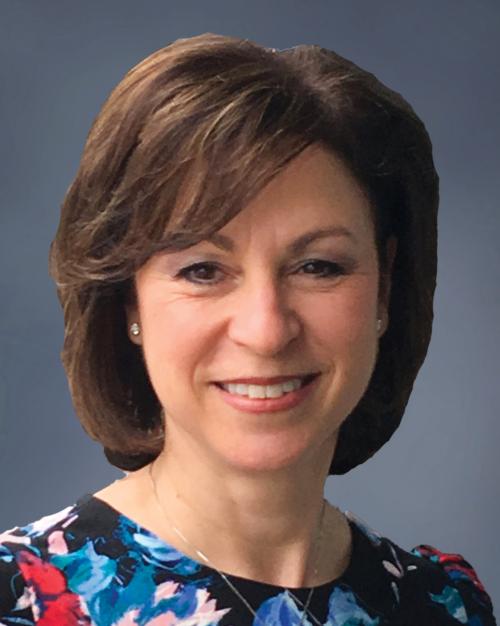Our eCampus will be offline for maintenance starting Thursday, January 1, 2026 (12:00 a.m.) and will be back online on Friday, January 2, 2026 (12:00 a.m.).

Hearing From More Voices
By Nicholas Leider | Summer 2022

In an industry with no shortage of acronyms, DE&I has become one of the more commonly discussed issues in recent years. Diversity, equity, and inclusion are concepts that have become central to many CRE organizations, with initiatives aimed both internally, in hiring practices and training, and externally, in supplier networks and partnerships.
In this arena, Nancy Glick, COO of Newmark Associates, cofounded the Commercial Real Estate Supplier Diversity Alliance (CRESDA) with her business partner, Susanne Newmark. The alliances form a national network of certified minority-, women-, and veteran-owned commercial real estate firms that aims to source diverse CRE service suppliers and advance diversity in the industry.
“In terms of [DE&I], we see companies jumping on that bandwagon and hiring minorities and women, which is all great,” she says. “But we’ve seen less in incorporating that effort into supply chain. We’re now seeing more of a shift to that — and that’s what opening more opportunities for minority- and women-owned businesses.”
CRESDA functions as a service supplier for its clients by leveraging certified diverse businesses to provide brokerage services. CRESDA also partners with CRE firms to provide consulting services and additional support. The effort to diversify suppliers comes at a time when corporate appetite to critically examine such partnerships is growing.
“Traditionally, many companies looked at departments such as marketing, distribution, and direct sales to meet their supplier diversity spend,” Glick says. “As these companies are increasing their spends, many of them have committed to spend over $1 million annually in diversifying their supply chains, which is remarkable. So, it’s not just a brokerage looking to the accounting department or the legal department.”
Commercial real estate can be a difficult industry to enter without established relationships. In pushing for change, Glick understands that representation is an important aspect of a company’s approach to corporate citizenship.
“When you think about these major corporations, they’re forming these initiatives and mandates because they want their supply chains to look like their customer base,” she says. “That’s really what’s behind this, and that’s critical for these companies. It’s the people like all of us who are buying products from these companies and using these companies — whether it’s Johnson & Johnson or Microsoft. We are their customer base. Wanting to have their supply chain mimic their customer base is important. And that’s what we’re really seeing now is that shift.”
To be CRESDA approved, companies must be certified as minority-, veteran-, or women-owned by a nationally recognized organization, hold all required state licenses to conduct real estate brokerage activities, and maintain adequate insurance policies. CRESDA also vets applicants’ financial information to ensure they are capable and qualified to compete for national business directly from Fortune 500 companies and as second-tier suppliers in partnership with global commercial real estate firms.
“I can’t tell you from launching [CRESDA in 2021] the amount of companies that have come forward to become members and want to be a part of this initiative,” Glick says. “It’s been mind-blowing to me. The capabilities, experience, expertise, and qualifications of these companies are phenomenal, but they have not been able to get to the next level in terms of diversification, even though the initiatives are in place and the mandates are in place. It’s remained very difficult, so that’s shown me firsthand that something like CRESDA is 100 percent necessary to expand access for underrepresented groups in CRE.”
As for the near future, Glick aims to have representation in all 50 states by the end of 2022. Building a geographically diverse network of credentialed companies will then allow CRESDA to explore other services to provide its clients.
“We want to continue to build visibility,” Glick says. “A few years down the road, I would also love to see CRESDA diversify beyond commercial real estate brokerages to other parts of the industry like facilities management. We want to get a foot in the door so we can expand our base and be an even more comprehensive organization.”
Editor's note: This article is an adapted excerpt from a full episode of Commercial Investment Real Estate podcast. To listen to the full episode, head to SoundCloud, iTunes, Spotify, or wherever you listen to your favorite podcasts.






